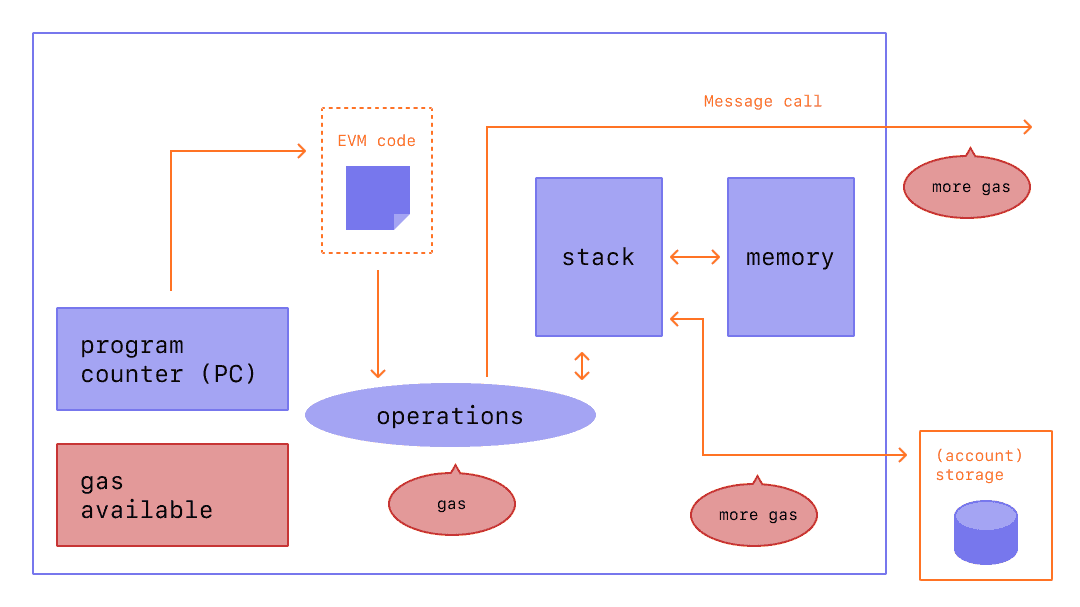Hello!
QUASA supports the new Ethereum protocol and the "London" update.
You will no longer need to choose the gas price you pay when making Ethereum transactions. Instead, you will only see the base fee, as well as the option to tip the miner.
Your Metamask or Trust Wallet crypto wallet will automatically set the recommended transaction fee (base fee + recommended priority ("tip") fee to make your wallet easier to use.
However, the base fee may change between the time a transaction is sent and the time it is added to a block. To avoid this, you can set the maximum amount you want to pay. If a miner includes your transaction in a block where the base fee is less than your marginal fee, the network will refund the difference to you.
WHAT IS GAS?
Gas is essential to the Ethereum network. It is the fuel that allows it to operate, in the same way that a car needs gasoline to run.
 Gas refers to the unit that measures the amount of computational effort required to execute specific operations on the Ethereum network.
Gas refers to the unit that measures the amount of computational effort required to execute specific operations on the Ethereum network.
Since each Ethereum transaction requires computational resources to execute, each transaction requires a fee. Gas refers to the fee required to conduct a transaction on Ethereum successfully.
Gas fees are paid in Ethereum's native currency, ether (ETH). Gas prices are denoted in gwei, which itself is a denomination of ETH - each gwei is equal to 0.000000001 ETH (10-9 ETH).
WHAT IS GAS LIMIT?
Gas limit refers to the maximum amount of gas you are willing to consume on a transaction. More complicated transactions involving smart contracts require more computational work, so they require a higher gas limit than a simple payment. A standard ETH transfer requires a gas limit of 21,000 units of gas.
If you are looking to reduce gas costs for your ETH, you can set a tip to indicate the priority level of your transaction. Miners will 'work on' and execute transactions that offer a higher tip per gas, as they get to keep the tips that you pay and will be less inclined to execute transactions with lower tips set.
If you want to monitor gas prices, so you can send your ETH for less, you can use many different tools such as:
- Etherscan Transaction gas price estimator
- Blocknative ETH Gas Estimator Gas estimating Chrome extension supporting both Type 0 legacy transactions and Type 2 EIP-1559 transactions.
- https://ethgasstation.info/ Consumer oriented metrics for the Ethereum gas market
- Cryptoneur Gas Fees Calculator Calculate gas fees in your local currency for different transaction types on Mainnet, Arbitrum, and Polygon
EIP-1559
The implementation of EIP-1559 in the London Upgrade made the transaction fee mechanism more complex than the previous gas price auction, but it has the advantage of making gas fees more predictable, resulting in a more efficient transaction fee market. Users can submit transactions with a maxFeePerGas corresponding to how much they are willing to pay for the transaction to be executing, knowing that they will not pay more than the market price for gas (baseFeePerGas), and get any extra, minus their tip, refunded.
This video explains EIP-1559 and the benefits it brings.
Thank you!
We invite you to our blog QUASA MEDIA, where you will find a lot of useful information. Join our telegram chat
See you!






